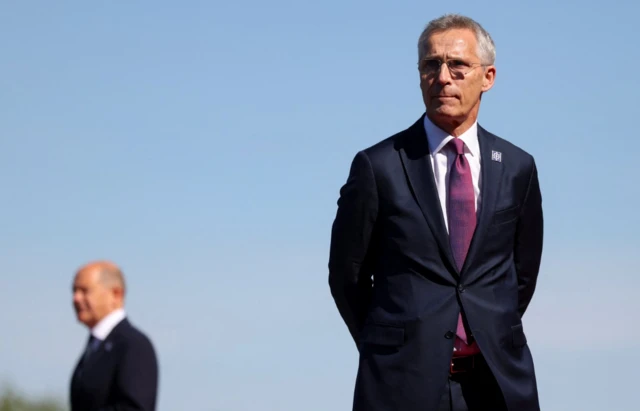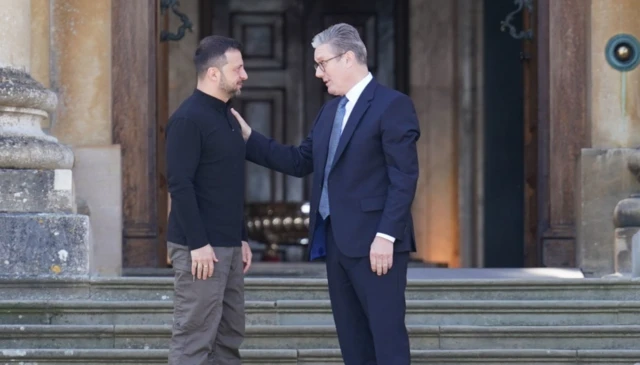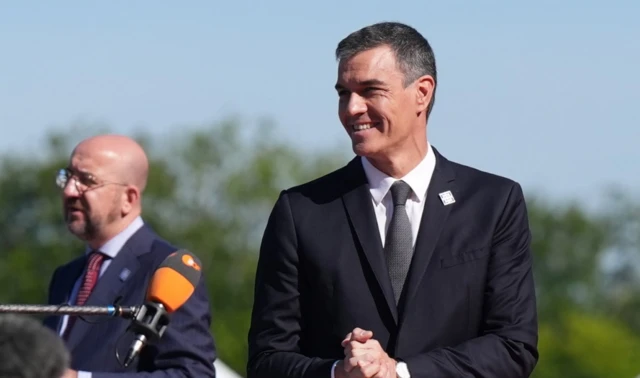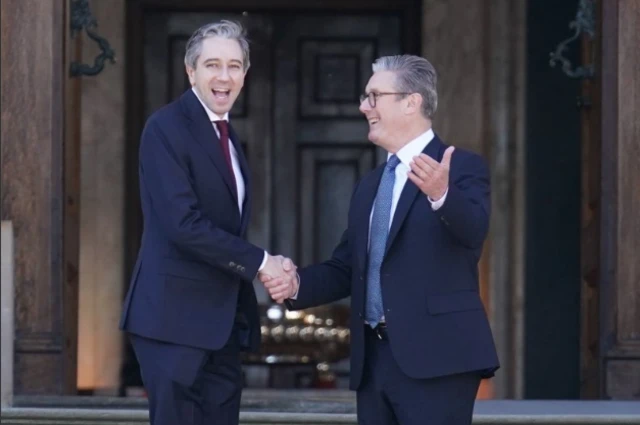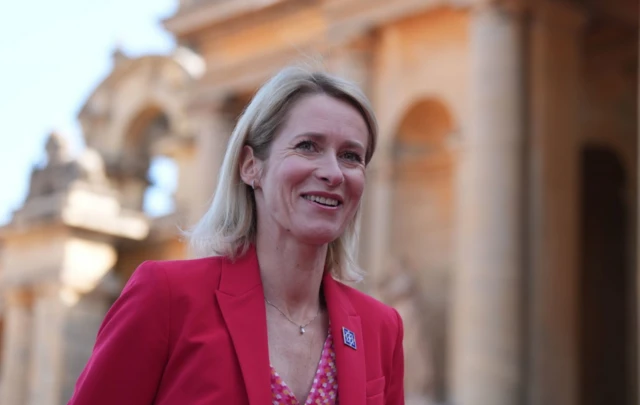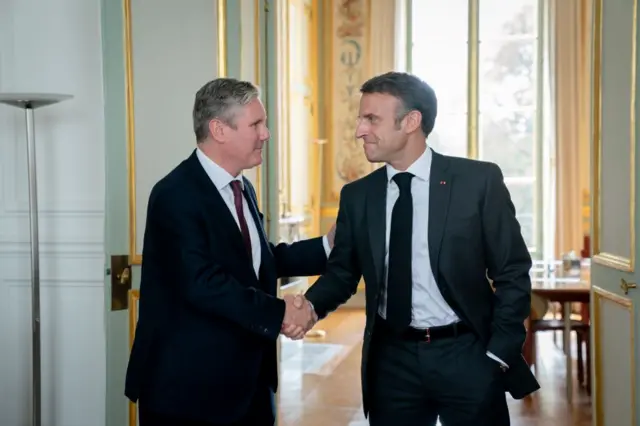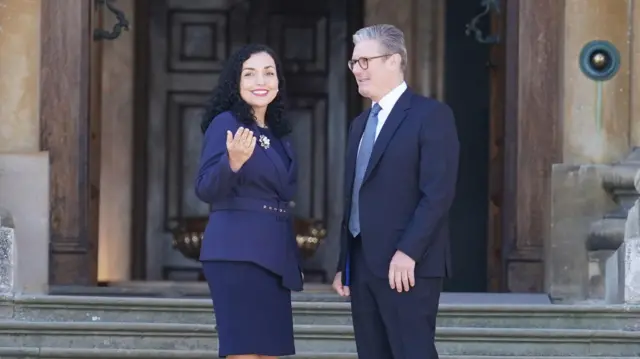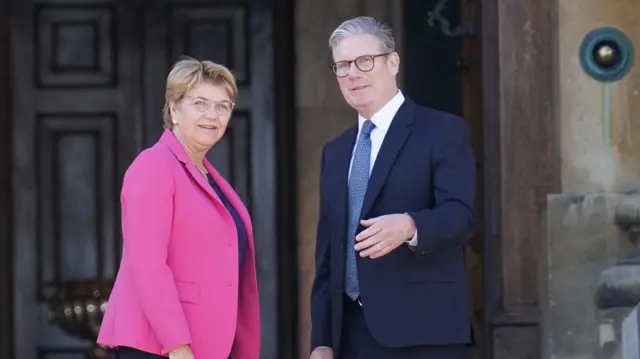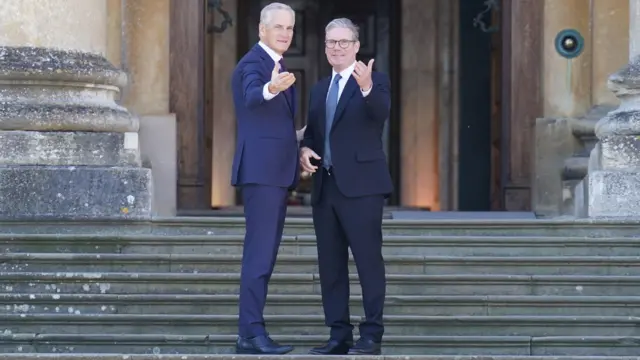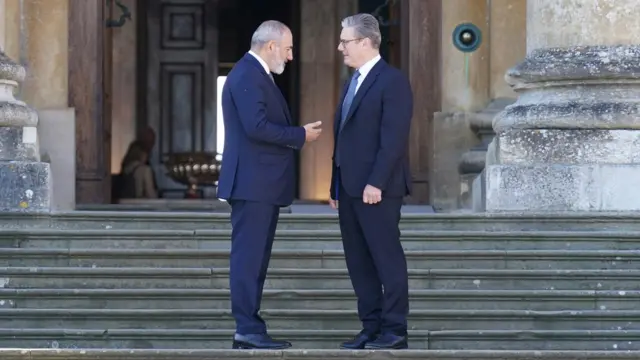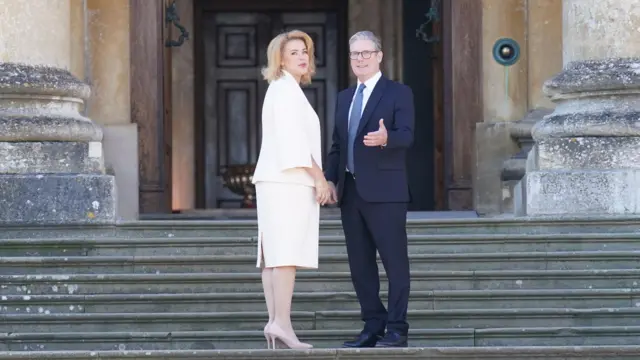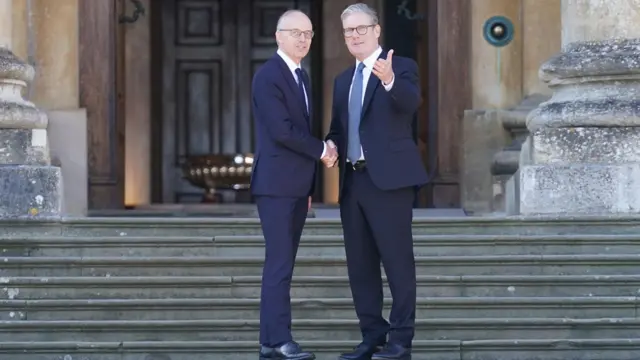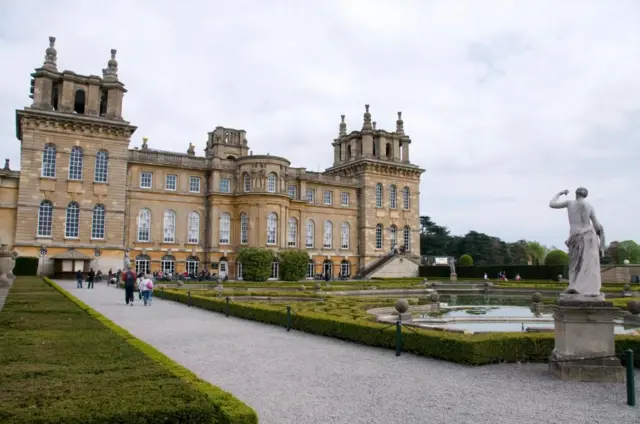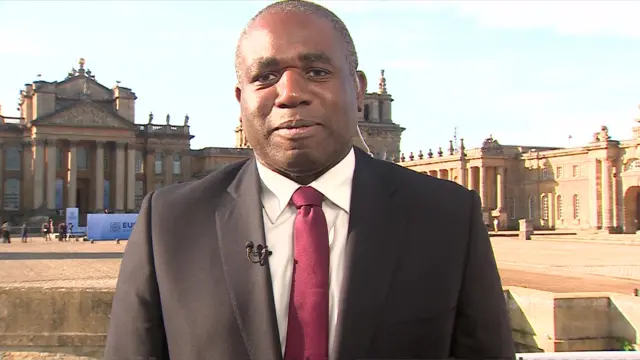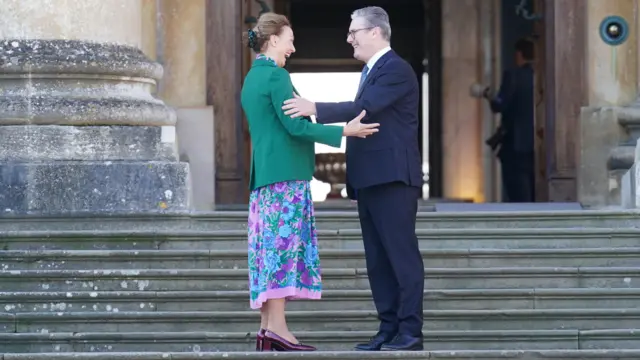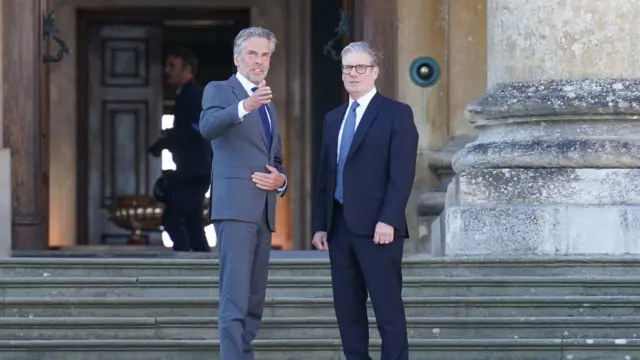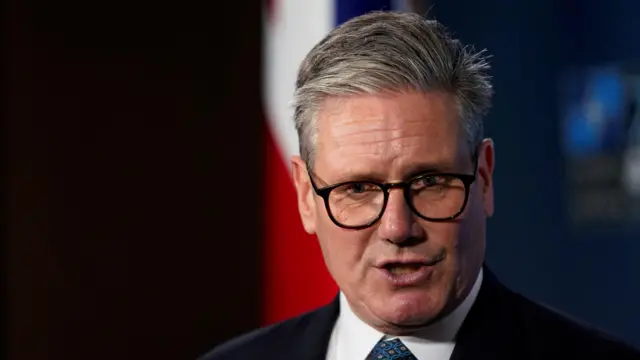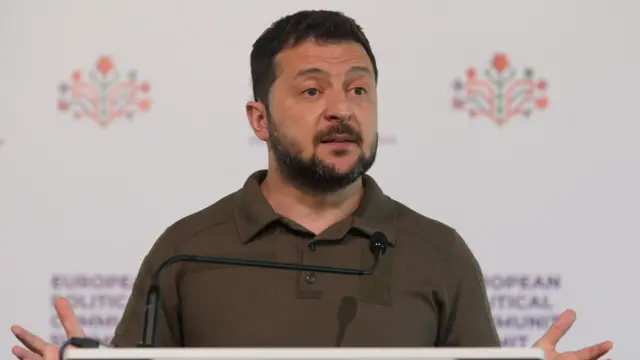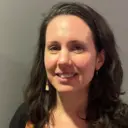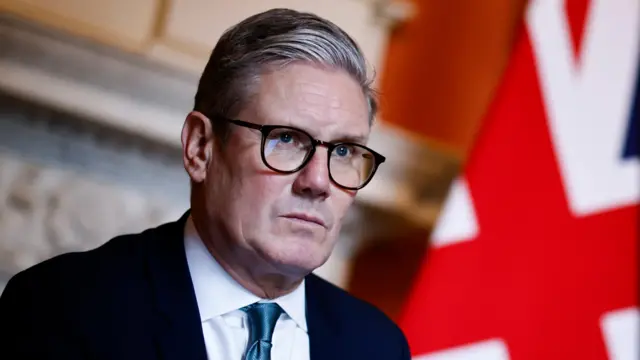Orban clenches his fists and raises them as he stamps his arrivalpublished at 10:33 BST 18 July 2024
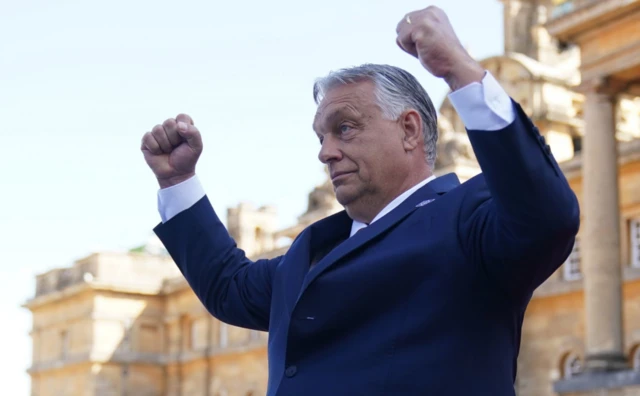 Image source, Reuters
Image source, ReutersHungarian Prime Minister Viktor Orban attracted criticism from EU chief Ursula von der Leyen over what she described as an "appeasement mission" meeting with Russian President Vladimir Putin earlier this month
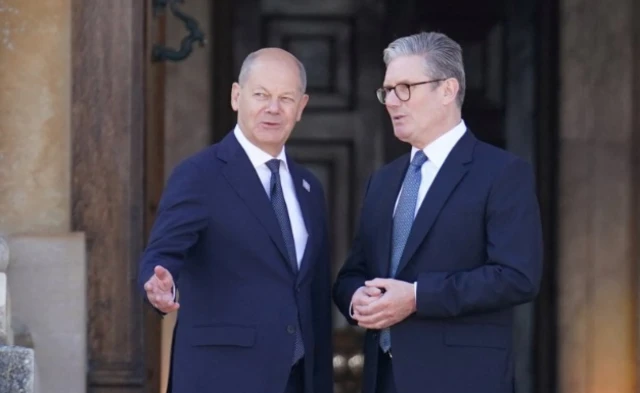 Image source, Reuters
Image source, ReutersSir Keir Starmer is the fourth British prime minister that German Chancellor Olaf Scholz has met since he took office in 2021 - the pair chatted last week in Washington on the side-lines of the 75th Nato anniversary meeting
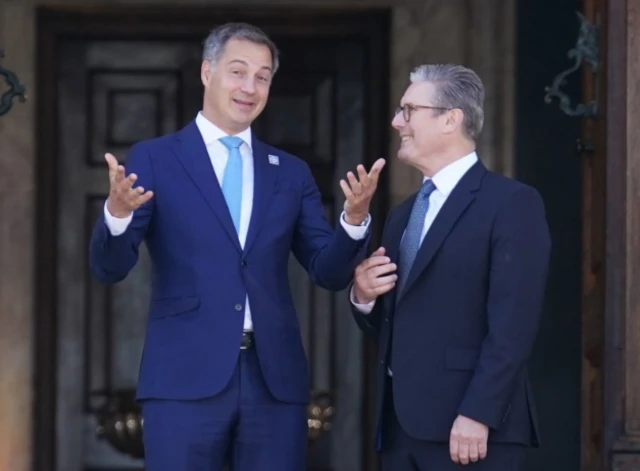 Image source, Reuters
Image source, ReutersBelgium’s outgoing PM Alexander de Croo has warned against UK “cherry picking” new arrangements with the EU
